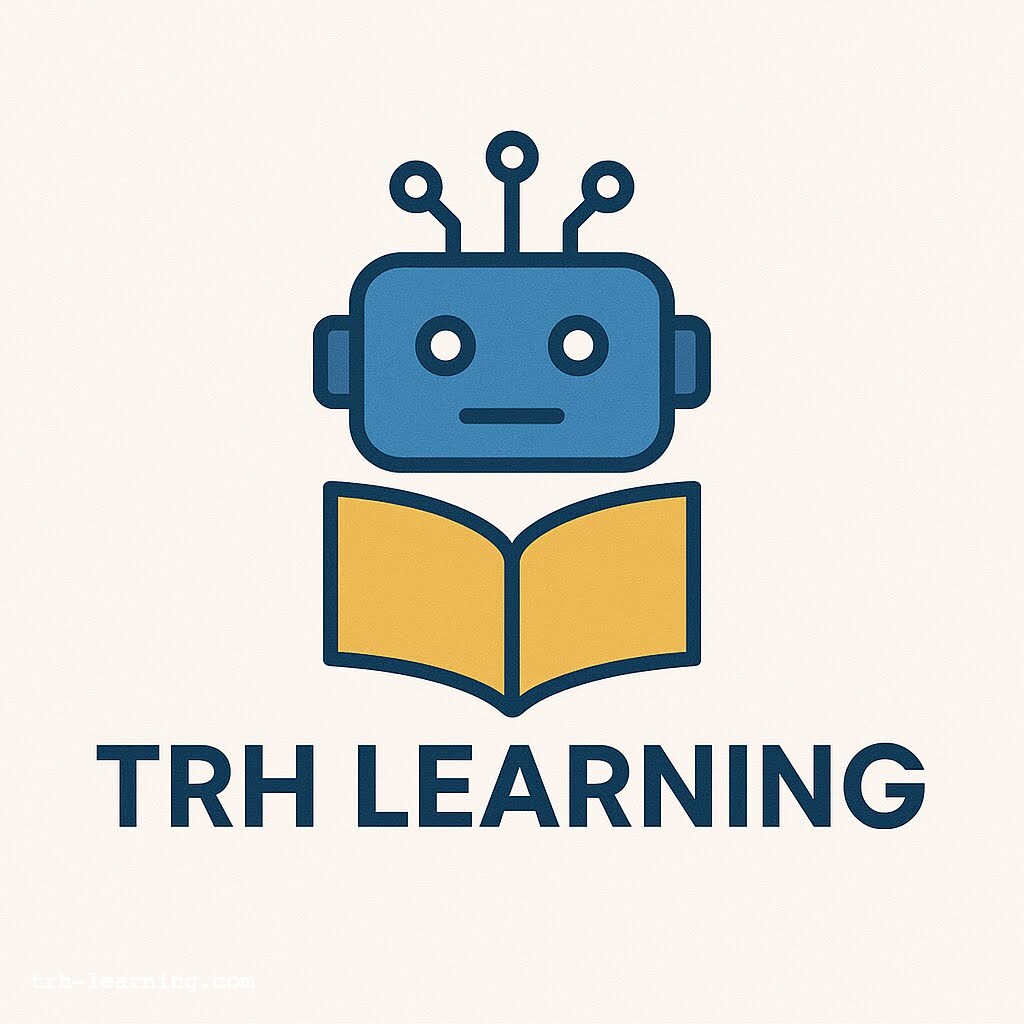"GCSE Physics Mastery: Exploring the Particle Model of Matter with...
Exploring the Particle Model of Matter with Interactive Simulations
Understanding the Particle Model of Matter
The particle model of matter is a fundamental concept in GCSE Physics, explaining the properties and behaviors of solids, liquids, and gases. This model helps students visualize how particles interact and move in different states of matter.
Key Concepts of the Particle Model
- Particles in Solids: Tightly packed in a fixed arrangement, vibrating in place.
- Particles in Liquids: Close together but can move past each other, allowing liquids to flow.
- Particles in Gases: Far apart and move freely, filling the container they are in.
Interactive Simulations for Enhanced Learning
Interactive simulations provide a dynamic way to explore the particle model. These tools allow students to manipulate variables and observe changes in real-time, deepening their understanding of the material.

Benefits of Using Simulations
- Visual Learning: Simulations offer visual representations that can make abstract concepts more concrete.
- Engagement: Interactive elements keep students engaged and motivated to learn.
- Experimentation: Students can experiment with different scenarios, enhancing critical thinking skills.
Recommended Resources
For those interested in exploring the particle model further, several online platforms offer high-quality simulations. Websites like PhET Interactive Simulations provide free access to a variety of physics simulations.
“Tell me and I forget, teach me and I may remember, involve me and I learn.” – Benjamin Franklin
By integrating interactive simulations into the study of the particle model, students can achieve a deeper understanding and mastery of GCSE Physics concepts.
Browse Categories 📚
Ready to boost your learning? Explore our comprehensive resources above, or visit TRH Learning to start your personalized study journey today!